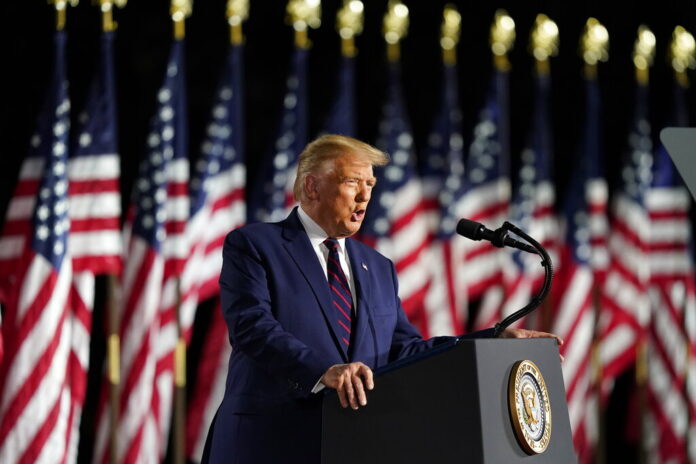The Trump Administration has recently implemented a rule that is sending a dangerous message to the American public and the world at large: the EPA will no longer be able to consider scientific studies in its regulatory decisions if those studies do not identify participants by name. This so-called “Censored Science Rule” was pushed for decades by tobacco companies, fossil fuel companies, and pro-business advocates such as the Koch brothers, and it has recently been championed by former EPA Administrator Scott Pruitt. Outgoing EPA Administrator Andrew Wheeler announced this disastrous decision just 15 days before leaving office to an audience at the conservative think tank Competitive Enterprise Institute while most of America was focused on Georgia’s US Senate elections.
This Censored Science Rule is incredibly concerning for a variety of reasons. For starters, it gives many industries more leeway to pollute and endanger public health; without its regulations grounded in science, there is virtually nothing preventing certain industries from taking advantage of this deregulation and pushing their agenda forward without significant oversight. Additionally, this rule sets an unprecedented precedent in the way governments make regulatory decisions – they are now allowed to ignore any scientific evidence which fails to identify participants in studies by name. This undermines our very notion of informed democracy; how can citizens trust that policymakers are making decisions based on sound evidence when they can simply dismiss any research which does not meet their predetermined criteria?
The consequences of this decision are far-reaching – environmental safety standards, as well as human rights protections, could be impacted significantly due to this new rule. The Union of Concerned Scientists warns that it may take years for these effects to be felt fully since much of what these organizations do involves long-term planning and evaluation processes which often rely heavily on scientific research with anonymous participants. Furthermore, this move weakens civil society’s ability to hold industry and government accountable for their actions since much advocacy work also relies heavily on research involving anonymous participants.
It is clear that there is much cause for concern with regard to the Trump Administration’s implementation of this dangerous new rule. Not only does this undermine our democratic process by allowing policymakers to disregard key evidence in pursuit of furthering corporate interests, but it also endangers public health by giving certain industries more leeway than ever before when it comes to pollution control standards. It is time for administrators across all levels of government to recognize these dangers and seek alternative means through which they can make informed regulatory decisions without disregarding vital scientific evidence or compromising public health.



